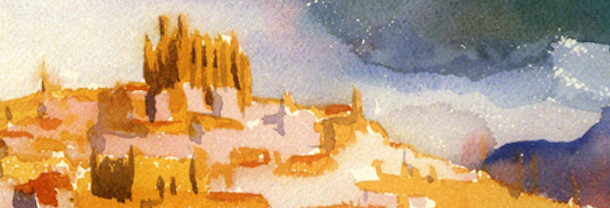I’ve been working so hard on the Dos Passos legacy lately, I wrote a poem about it:
Dos Passos-savvy
When I was a boy I knew books;
they showed
sharks, rays, barracudas,
saw-jawed megalodons,
Tyrannosaurus rex,
Fujita scale tornadic intensity,
cirrus, cumulocirrus, cumulonimbus clouds,
Hercules holding up the world, no tears, no help.
I knew books, and
my grandfather, John Dos Passos,
was just a famous writer gone before I was born,
just a name I couldn’t get right.
I was a boy with a life and snowballs to make,
and he was history,
old like the aboriginal stories I learned in grade school,
old like the dream time when formed rivers, lakes, and all creation.
I was a boy with a strong young heart,
tearing leaves off tulip poplar trees.
I knew books, I said,
until I wrote a book of my own.
Now, I’m Dos Passos-savvy.
Now, it’s a triumvirate of syllables,
an easy name for critics to forget,
for neoconservatives to coopt,
for liberals to cheer.
It’s still a hard name to get right.
It’s a name on the bookshelf
between Dickens and Dostoevsky,
a name on a gravestone in Westmoreland County, Virginia.
Stuck in perpetual May, Dos Passos Farm is home.
I tell of bobwhite quail wake-up calls on Saturday morning,
bald eagles jousting with ospreys and always winning,
wild turkeys fussing across green-turquoise wheat,
snapping turtles for beagles to chastise,
magnolias for children to climb,
and the field of crocuses you planted.
I know your dining room, your dumbwaiter,
your downstairs libraries, your upstairs libraries,
your painting of a red mountain village that reminds me of Spain,
and the writing desk where you chronicled America.
